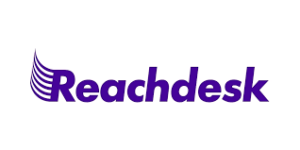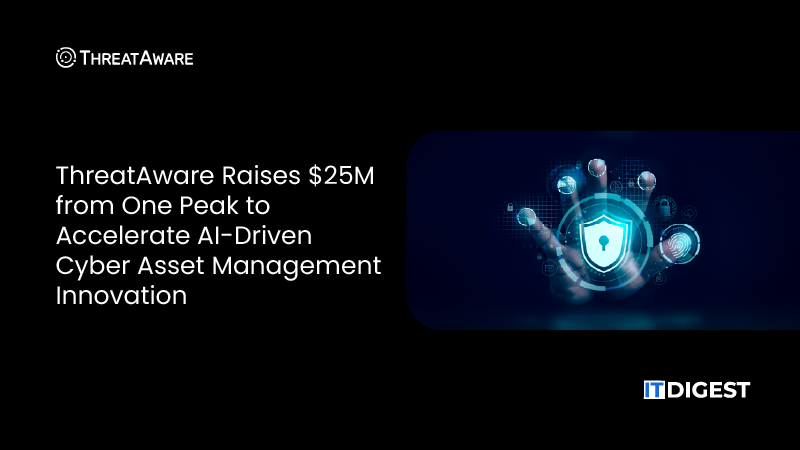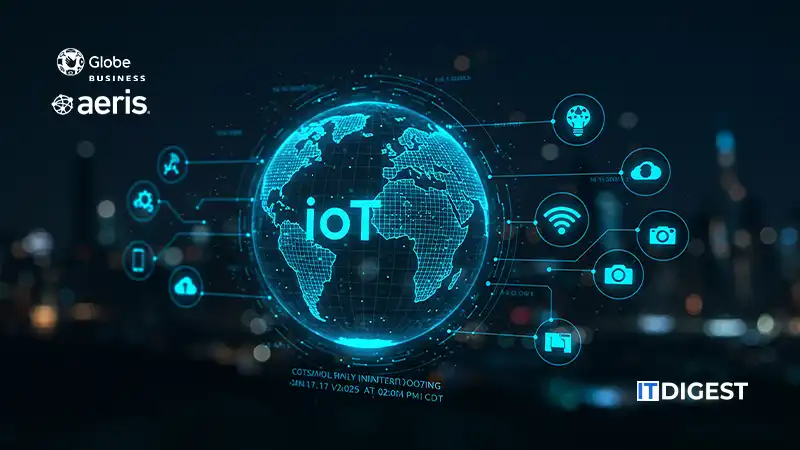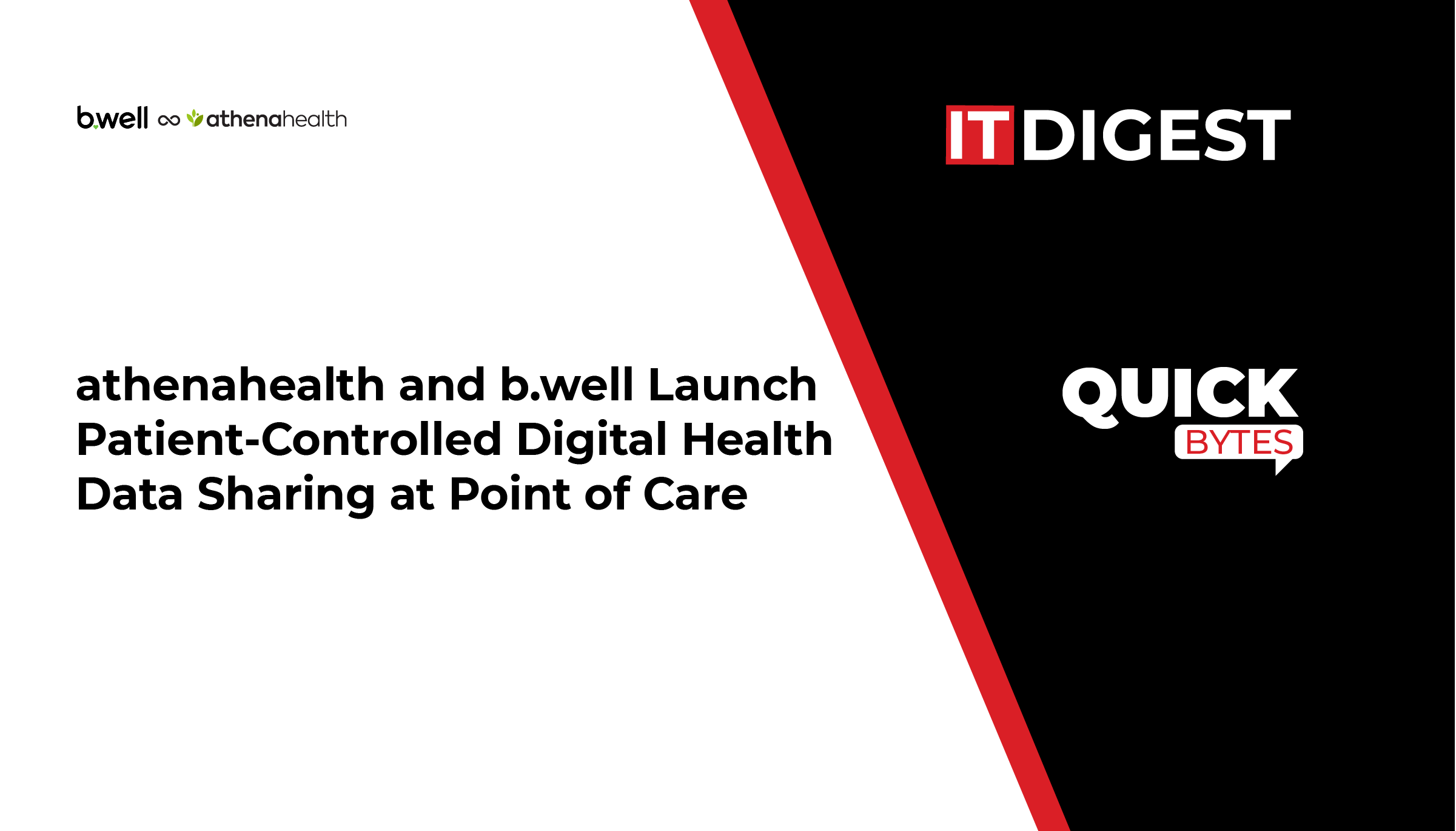Hi Daniel, could you tell us about your journey in MarTech? 
My journey started with people. I’ve learned from some brilliant people and found incredible advocates that helped me get to where I am today. Along the way, there were three things that served me well and allowed me to pass through a number of industries including museums, auto racing and now software. First is storytelling. At the heart of everything, I’m a storyteller and good marketing is simply, good storytelling. Second is developing an innovative digital strategy, which in this age means everything. And finally, I try to be my authentic self as a leader which has afforded me the chance to work with much smarter people than myself thus providing me the chance to learn from them.
Throughout my career, a few points have stood out as highlights. I have led massive, global website and digital strategy overhauls. Leading initiatives like these requires a considerable amount of undertaking, talent, relationship building, being bold, and of course a little bit of luck. I have challenged myself to be more of a global marketer and I’ve thoroughly enjoyed the travel, relationship building and projects that have included everything from events to content to websites to opening new markets. B2B marketing takes itself too seriously, so other highlights include when I was able to break the mold and be creative. This includes developing video games, working with a symphony orchestra to introduce an event and video, and hidden easter eggs on pretty much every website I’ve ever overseen. But of my entire career accomplishments, I am most proud of the teams I have led and the former colleagues that have become marketing leaders themselves.
What challenges did the Covid-19 pandemic pose for your marketing team?
The challenges we have experienced as a team are a combination of how we drive pipeline but also how we bond as a group. Every marketing team has had to think more creatively about how to fill the void from physical events disappearing, or only slowly coming back. This has been a good challenge for our team and it has forced us to look at other channels more critically and with an eye on optimization. Additionally, our team chemistry has been negatively impacted. We’ve all adapted to become reliable remote employees and collaborators but there is something to be said about spending time in person bonding face-to-face.
What sets Reachdesk apart from the competition?
Outside of a best-in-class product (and as a marketer, I have used our competitors), a diverse set of offerings, a comprehensive marketplace, global coverage, and incredible analytics, I would say it all comes down to the people and our values. Being true to ourselves and our customers is what makes the difference. One of our values is to “Treat people like people” and this is what makes business happen.
Read More: IT Digest Interview With Chris Hickman, CSO at Keyfactor
What direction do you envisage B2B marketing evolving, in the years to come?
Organizations are in desperate need of marketing to play a bigger role in the overall strategy of the company. As long as marketers are being placed under more pressure to deliver demand and ROI, we need martech tools that can provide more intelligent data insights and automate demand generation strategies. However, this is shortsighted since brand building and the overall customer journey are too commonly overlooked. I predict we will see a more complete CMO in the future; a leader focused on brand, culture, customers and demand. Additionally, with more and more data there is going to be more pressure on marketing and revenue operations teams. Because of this, I think we will see a new type of marketer emerge that resembles a data scientist.
What 3 things that business owners can do to optimize their digital outreach?
- Be authentic and build a strong internal relationship across the entire Go-to-Market team
- A marketer’s tech stack is our product – build the best one!
- Clean data – ‘nuff said
As a marketing leader, what are your thoughts on how ROMI and its use as a metric to define success?
Anything that can hold marketing accountable is a good thing. We own a big portion of the company budget across the team and program spend, so we should be able to clearly communicate the value it is driving. For the money and resources we put forth, reporting on pipeline and revenue is a must. However, marketing does more than demand gen. They build the brand, they contribute to the company culture, they work with every team across the company. This all has to be factored in.
How do you see Marketing Automation impacting the traditional sales and Marketing funnels?
It already plays a key role and will continue to do so. However, everything is about communication and personalization. All of us need to do a better job of understanding our prospects and customers to inspire engagement. After all, a lot of this starts with words and trying to spark a connection.
Could you name one other marketer that you would like to see featured here?
Esther Flammer, Head of Marketing at Wrike
What are the key ingredients that make a successful marketer, in this day and age?
The way in which we work is undergoing a massive transformation. Today’s marketers must consider a new type of hiring market and the importance of fostering a positive company culture. A marketing leader today must play a role in pushing the company forward, shaping the company’s vision and forming the company culture experience. A company’s culture is its DNA and a leading indicator of success, a successful marketer in this day and age will understand the importance of this.
Could you name the top apps/platforms that you use for marketing?
- Reachdesk
- CRM
- Industry, Company and Technographic data
- ABM platform
- CMS
Read More: IT Digest Interview with Rajesh Jain, Founder and MD at Netcore Cloud



































